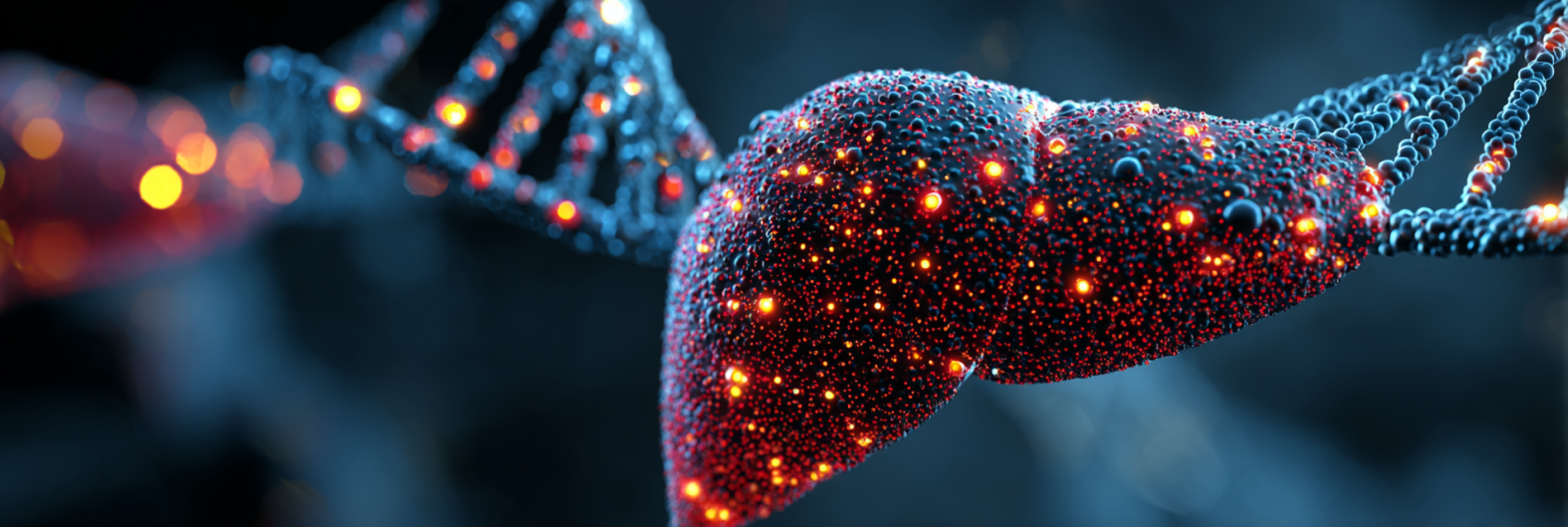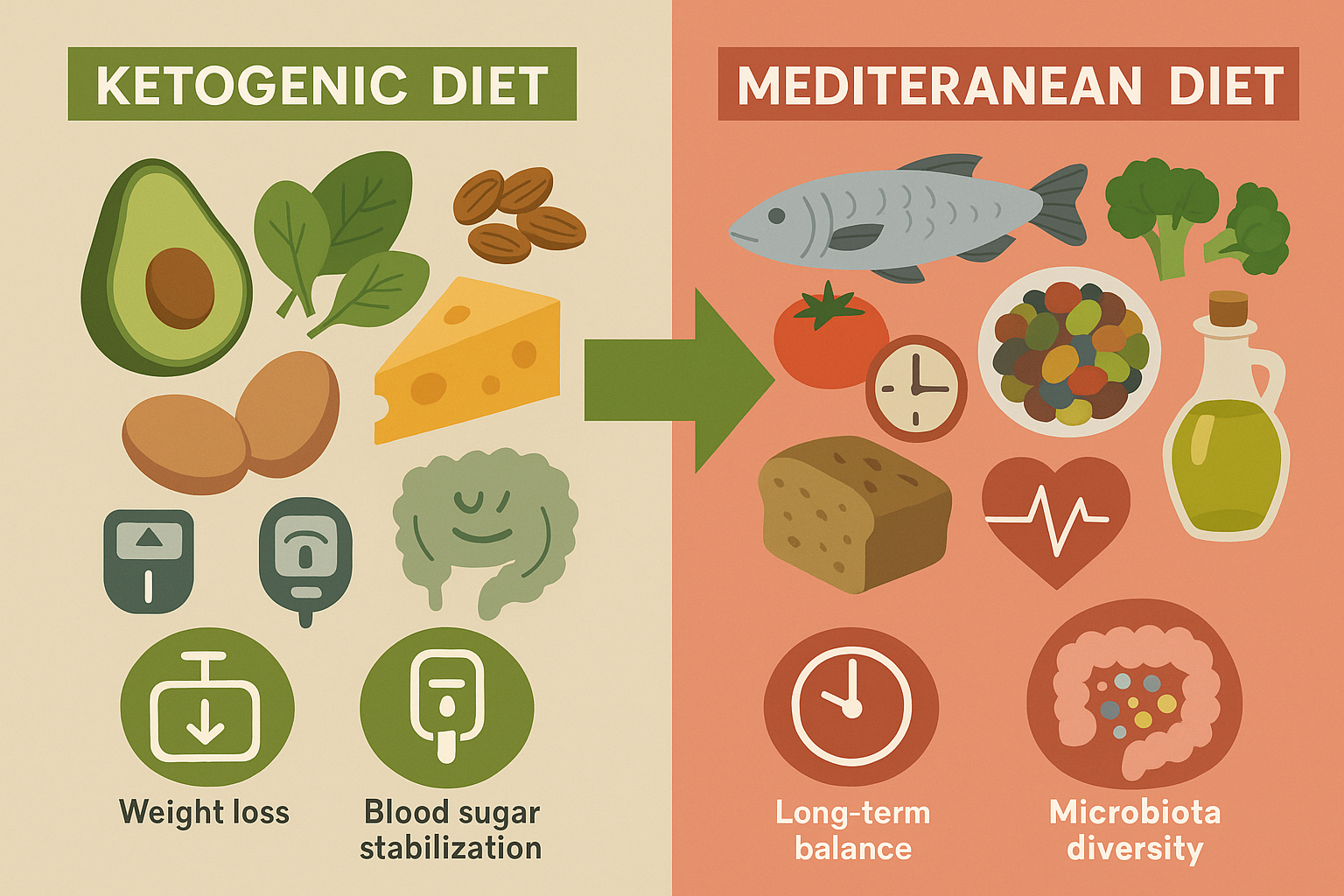
A ketogenic diet could offer more than just weight loss benefits to women with obesity — it might also help restart or regulate menstrual cycles in some women, according to new research.
Key Findings:
- Nutritional ketosis — with or without exogenous ketone supplements — was linked to the return or regulation of menstrual cycles.
- Both ketogenic and low-fat diets improved weight, BMI, body composition, and insulin sensitivity over six weeks.
- Only the ketogenic diet was associated with menstrual cycle changes.
Ketosis and Reproductive Health for Women with Obesity
A study published in PLOS ONE found that nutritional ketosis — whether or not paired with exogenous ketone supplements — was linked to menstrual cycle changes for women with obesity. Some participants who had not menstruated for over a year reported their periods returning within weeks.
“This wasn’t a validated survey, but the results were striking,” said Madison L. Kackley, PhD, a research scientist at The Ohio State University. “One woman, 33 years old, had never had a period in her life. She got her first period just five days into ketosis.”
The study suggests that something about ketosis — beyond weight loss alone — may influence the body’s hormonal regulation and reproductive function.
Study Details
The study involved 19 premenopausal women with obesity or overweight (average age: 34; average BMI: 32.3). Participants followed a carefully structured, hypocaloric ketogenic diet. They were divided into groups that either received ketone salts or a placebo, and a separate control group followed a low-fat diet.
The ketogenic diet provided about 40 grams of carbs per day, with the remaining non-protein calories coming largely from fats — especially monounsaturated and saturated fats. The low-fat group consumed no more than 25% of energy from fat, with saturated fats kept below 10%.
Over six weeks, all participants saw improvements in body weight, fat mass, and insulin sensitivity. But only those on the ketogenic diets reported menstrual cycle changes.
By Day 14:
- 30% of women taking ketones and
- 43% of those on the keto diet alone
-reported increased menstrual frequency or intensity.
By Day 28:
- 30% of the ketone-supplemented group and
- 33% of the keto-alone group
-reported that their periods had restarted after a year or more of absence.
No women in the low-fat group reported changes in menstrual patterns.
What This Means — And What It Doesn’t

These results suggest that ketosis may play a unique role in reproductive hormone regulation — not just through weight loss, but through other, not-yet-fully-understood mechanisms. However, the study was small, and the menstrual data were self-reported. It also didn’t include women with regular menstrual cycles as a control, nor did it track hormonal markers directly.
Still, the findings raise important questions and possibilities.
“There are so many unanswered questions for women,” Kackley said. “We’re trying to change things for women and give them some control — something we historically haven’t had over our reproductive status.”
Caution and Context
While these findings are promising, they’re not a prescription. Not every woman with obesity experiences menstrual dysfunction, and not everyone responds to ketosis the same way. Diets like keto may not be appropriate for all individuals, especially those with certain medical conditions or histories of disordered eating.
But for women who are experiencing stalled menstruation and want to explore nutritional options, this research offers a starting point for further discussion with a healthcare provider.
What the Numbers Might Mean
Some readers may notice that 43% of women in the keto-only group reported improved menstrual frequency by Day 14, compared to 30% in the group taking added ketones. At first glance, this might suggest that adding ketone supplements reduces the effect.
However, this difference likely doesn’t mean much — and here’s why:
- Very small group sizes (6–7 women per group) mean that a change of just one participant can shift percentages dramatically.
- The study wasn’t designed to test whether ketone supplements help or hinder menstrual changes — it was exploratory.
- There’s no strong evidence yet that exogenous ketones interfere with ketosis-driven hormonal shifts.
In short, while the numbers are interesting, they’re not definitive. Larger, more focused studies would be needed to understand the true role of ketone supplements in menstrual health.
Reference:
Caldwell E. Keto diet, supplements may restart stalled menstruation. Ohio State News. Published Oct. 30, 2024. Accessed Dec. 10, 2024.

Always Consult Your Doctor when Changing Your Diet




